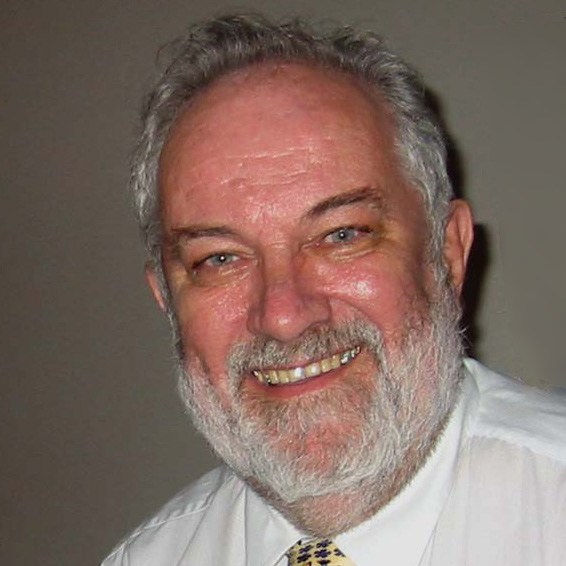



University of Warwick, UK

Complementing supportive and problematic aspects of mathematics
to resolve transgressions in long-term sense making
In the teaching and learning of mathematics, while it is important to focus on what happens at each stage of development, what matters even more is the cumulative effect of learning over the long-term. As mathematics grows in sophistication, new contexts require new ways of thinking that can act as barriers to progress. Passing through such a barrier may be called a transgression. This presentation focuses on aspects of mathematics that remain consistent over several changes in context and contrasts them with others that cause conflict at any given stage. For instance, how we speak, and write mathematics reveals new insights into making long-term sense of increasingly sophisticated mathematical symbolism in arithmetic and algebra. How the eye tracks a moving object affects how we interpret the notion of variable in the calculus both visually on a number line and symbolically as a variable quantity.
Studying successive changes in mathematics and the positive and negative emotional affects leads to an overall framework for long-term development that applies both to historical evolution and to the individual development of different learners. It offers a practical approach in the classroom and a theoretical framework that brings together widely differing interpretations held by mathematicians, educators, curriculum designers, philosophers, neurophysiologists, and even politicians who currently specify the curriculum.
David Tall is Emeritus Professor of Mathematical Thinking at the University of Warwick. He has a doctorate in Mathematics with Fields Medalist Sir Michael Atiyah and in the Psychology of Mathematics Education with Richard Skemp. He has written over 250 papers, 40 books and computer software, covering all levels from the young child to research mathematics. A major focus is on developing a theoretical framework for "How Humans Learn to Think Mathematically" that applies both to the growth of the individual and to historical evolution. He has a particular interest in how the biological human brain develops mathematical thinking, taking account not only of cognitive growth of the individual but of also of the emotional reaction to mathematics as experiences at one stage of development may be supportive or problematic in a later context. Extensive collaboration throughout Europe, North and South America, East Asia, Australasia and around the Pacific Rim has introduced a cultural element in his work. Google 'David Tall' to find his academic web page where his papers are available for download.